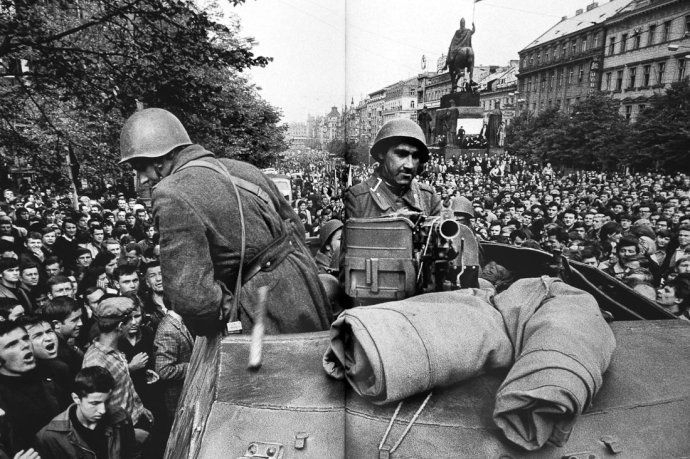In January 1968 the leadership of the Czechoslovakian Communist Party reacted to an economic downturn by appointing a new party secretary, Alexander Dubcek.

Dubcek was carried off to Moscow, soon he was announcing his support and gratitude for the Russian intervention.











